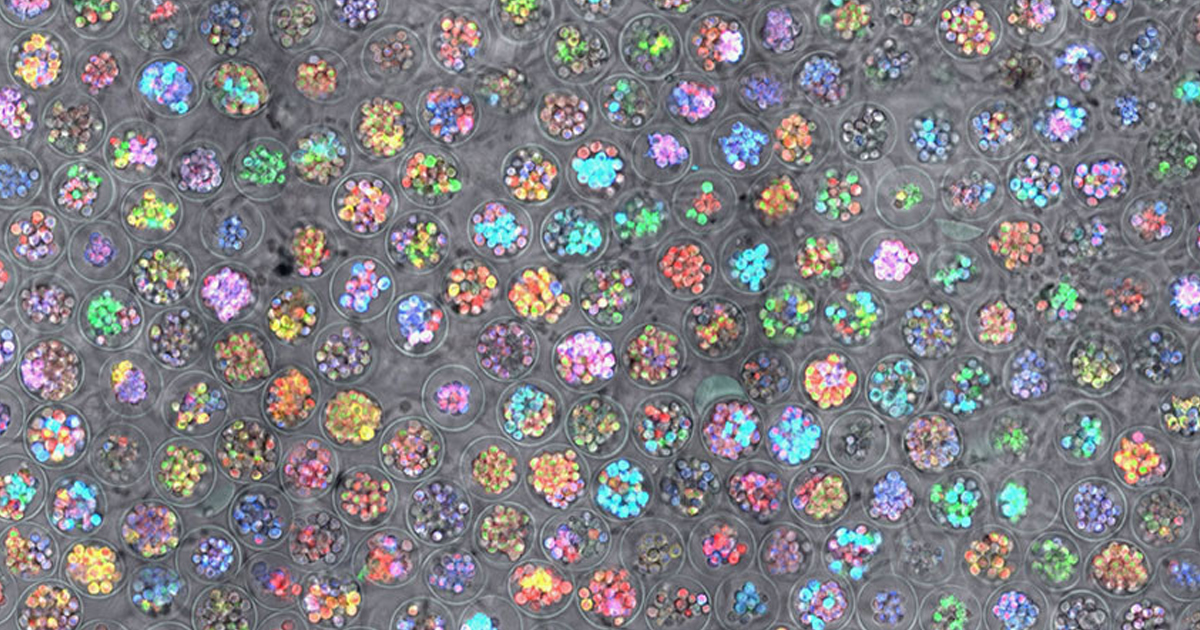La investigación sobre compuestos experimentales para tratar esta enfermedad obtuvo resultados positivos en pruebas con peces.
Para el desarrollo de esta investigación Pau Gorostiza investigador en el Institut de Bioenginyeria de Catalunya (IBEC), quien lleva más de diez años trabajando en el desarrollo de fármacos regulados por luz, realizó pruebas en peces, al agregar moléculas sensibles a la luz en una pecera.
Para lograr un mayor avance en el proyecto el IBEC se asoció con la Universidad Miguel Hernández de Elche, la Universidad de Alcalá de Henares, el Centre d’Investigació i Desenvolupament del CSIC y el Institut de la Màcula de Barcelona.
Sin embargo, aún se encuentran lejos de la aplicación clínica de este procedimiento ya que es necesario conseguir el fármaco adecuado, “aún estamos lejos de poder ofrecer un tratamiento a los pacientes, el que hemos probado en peces aún no es lo bastante bueno para uso clínico”, explica Gorostiza. El fármaco elegido deberá ser sensible al espectro de colores que el ser humano es capaz de ver.

No obstante, el plan de trabajo considera diversas pruebas en animales de mayor tamaño como cerdos, y en retinas humanas de donantes antes de comenzar los ensayos en personas. Incluso planean realizar las primeras pruebas del fármaco en perros ciegos una vez que sean seguras.
Los ensayos consiguen conocer si el tratamiento logra restaurar la agudeza visual, es decir la nitidez y la distinción de detalles.
INVESTIGACIÓN Y DESARROLLO
https://invdes.com.mx/salud/un-compuesto-experimental-logra-que-peces-ciegos-vuelvan-a-ver/







